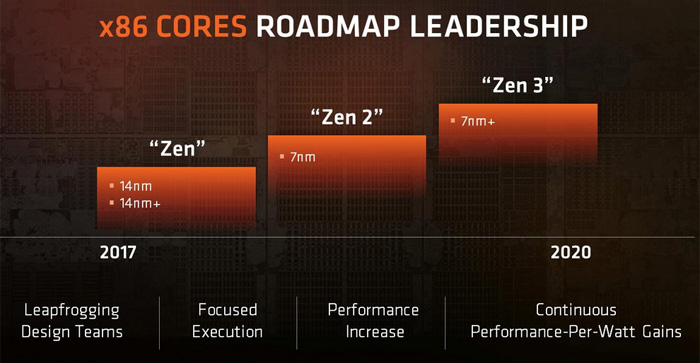_mockingbird
Gawd
- Joined
- Feb 20, 2017
- Messages
- 992
How much untapped potential does Zen have?
With Zen being a completely new architecture, I like to think that Zen is in the same stage as Nehalem was and that the next big revision of the architecture would bring a big performance bump similar to Sandy Bridge.
Intel seems to be stuck on Skylake. Kaby Lake is Skylake rebadged. Coffee Lake is basically a price-cut of Skylake: more cores for about the same price.
Obviously, with Intel's architecture being much more mature than AMD's, there simply isn't much room for Intel to easily squeeze out more performance.
With Zen being a completely new architecture, I like to think that Zen is in the same stage as Nehalem was and that the next big revision of the architecture would bring a big performance bump similar to Sandy Bridge.
Intel seems to be stuck on Skylake. Kaby Lake is Skylake rebadged. Coffee Lake is basically a price-cut of Skylake: more cores for about the same price.
Obviously, with Intel's architecture being much more mature than AMD's, there simply isn't much room for Intel to easily squeeze out more performance.
![[H]ard|Forum](/styles/hardforum/xenforo/logo_dark.png)
